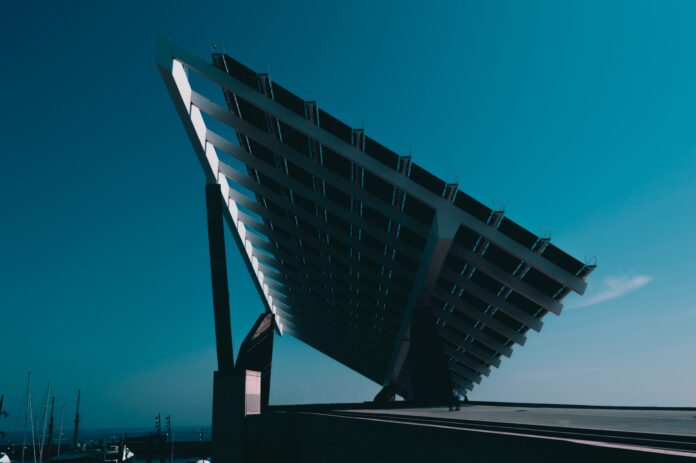A solar panel installer is a person who installs solar panels on your home. The process of installing a solar panel can be expensive. You should know how much equipment you need and your financing options.
Costs Of Installing Solar Panels
There are several costs involved in installing solar panels. Sometimes, homeowners must obtain a building permit or pay a homeowners association membership fee before installing solar panels. These costs can add up to several thousand dollars. Sometimes, homeowners may need to replace old equipment, such as solar panels, which will require additional labor. Another expense is insurance for photovoltaic systems, often added to homeowner’s insurance. The average US home uses 11,000 kilowatts of electricity a year. At $0.1301 per kWh, the average household pays $1430 for electricity yearly. Installing solar panels with an expert, such as a solar panel installer in New Jersey, can save homeowners hundreds of dollars on their power bills each year. In addition, solar panels can increase your property’s value. Financing options also play a significant role in the payback period.
Equipment Needed
A solar panel installer needs a few tools and equipment to install solar systems. Common tools are a hammer, pliers, wrenches, and screwdrivers. A tape measure is also helpful. Fortunately, most counties require that an electrician check and prepare final connections before turning the system on. First, an installer must ensure the solar panels are leveled on the roof. To do this, they will need to measure the roof’s capacity and mark where they should be installed. Then, they should use a string line to level the mounting frames. After this, they can screw the panels to the roof. Another critical tool is racking. If the panels are not attached to a racking system, they will be in danger of breaking. The racking system will help secure the solar panels to the roof without damaging them. Ideally, the panels will face south for optimum sunlight exposure.
Financing Options For Solar Panel Installation
You have several financing options if you want to install solar panels on your home. You can obtain a home equity line of credit or apply for a cash-out refinance to access your home’s equity and pay down debt. Another option is to apply for a personal loan, which can be very helpful for borrowers with bad credit. This type of loan has lower interest rates and more favorable terms. It can save you thousands of dollars.
If you have good credit, you may be able to qualify for the PowerSaver program from the Federal Housing Administration (FHA). This program is designed to help homeowners finance energy-efficient home upgrades, including solar panels.
Some states can fund solar panel installation through a power purchase agreement. In this arrangement, a third party owns the solar panel system on your roof and charges your energy bills monthly. This can reduce your energy bill by 10-30%. Depending on your state’s laws, the payment schedule may change yearly, but the system’s total cost will remain the same or even decrease.
Myths Surrounding Solar Energy
Solar energy is an effective form of alternative energy. Although it depends on the amount of direct sunlight and the intensity of the light, it can produce power even in cloudy weather. This is because solar panels have a very low heat sensitivity and can still produce energy in colder climates. They can also be used on rainy days, as rain can help the panels work more efficiently and clear the panels of debris. While solar power is an excellent advancement in energy generation, there are still many misconceptions about the technology. For example, some believe solar energy is a waste product or will deplete fossil fuels. While this isn’t true, solar power can be redirected to generate electricity, thereby avoiding the need for fossil fuels.










